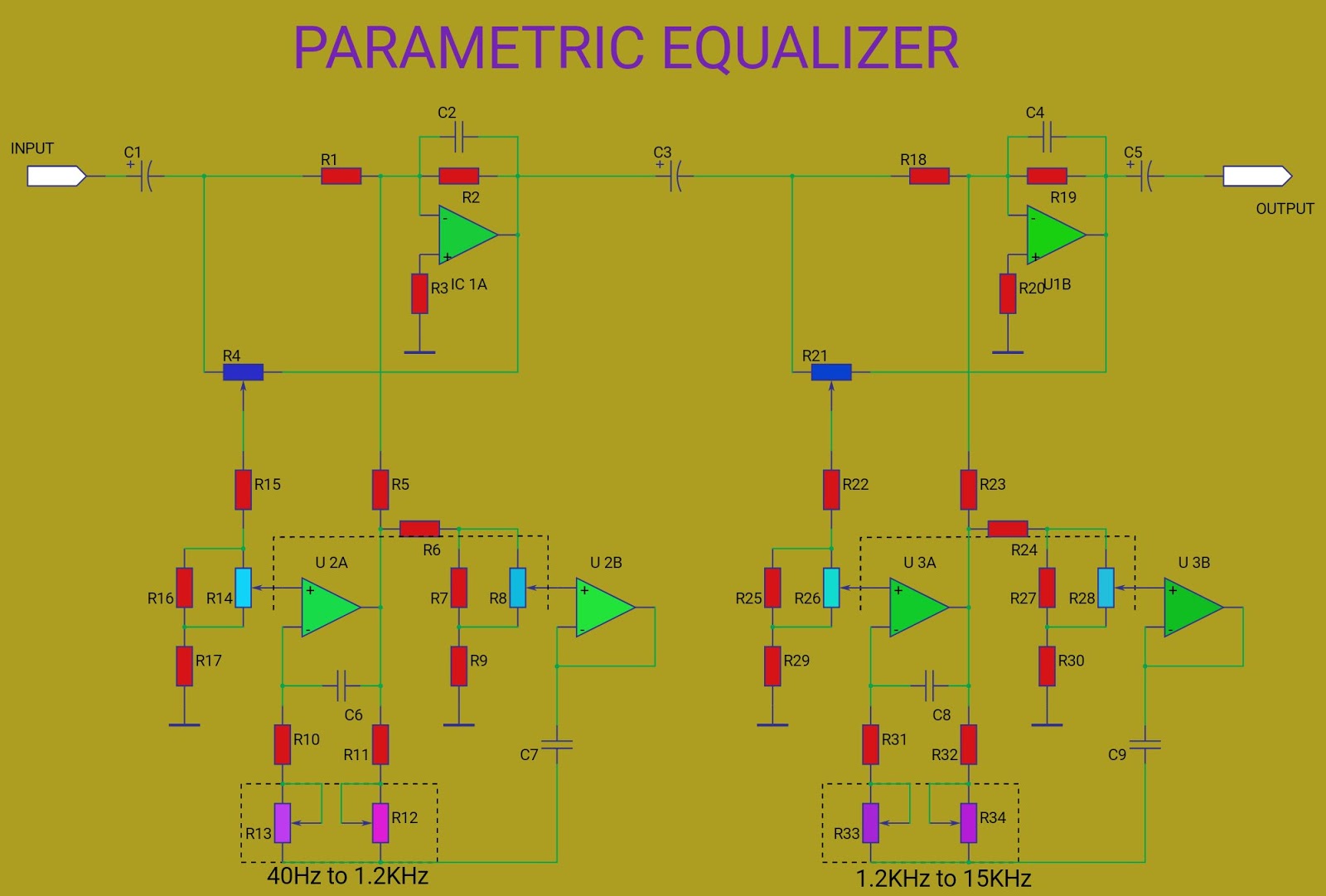

Or say you want a wide, broad midrange boost, rather than a peaky squawky midrange boost. So say you're like Frank Zappa and want to enhance particular feedback, or want to cut some bad squealy feedback, you can 'notch' out that particular frequency by selecting a high Q (Q is how exact the frequency band is around the selected frequency, the higher the Q the narrower the band of frequencies affected) and then either boosting or cutting it.


A parametric EQ has more precise controls- you can select any frequency you want to boost or cut, and you can select how much of the frequencies around that selected frequency that you also want boosted or cut. I personally find it best to use a graphic EQ in front of the amp, either for level boosting for solos (like a clean-boost but with more EQ control rather than an automatic mid-hump) or cutting (works great for dirty-clean tones while the amp's gain is cranked).Īnd I like using a parametric EQ in the amp's effects loop. The tone wouldn't be any different, not really.


 0 kommentar(er)
0 kommentar(er)
